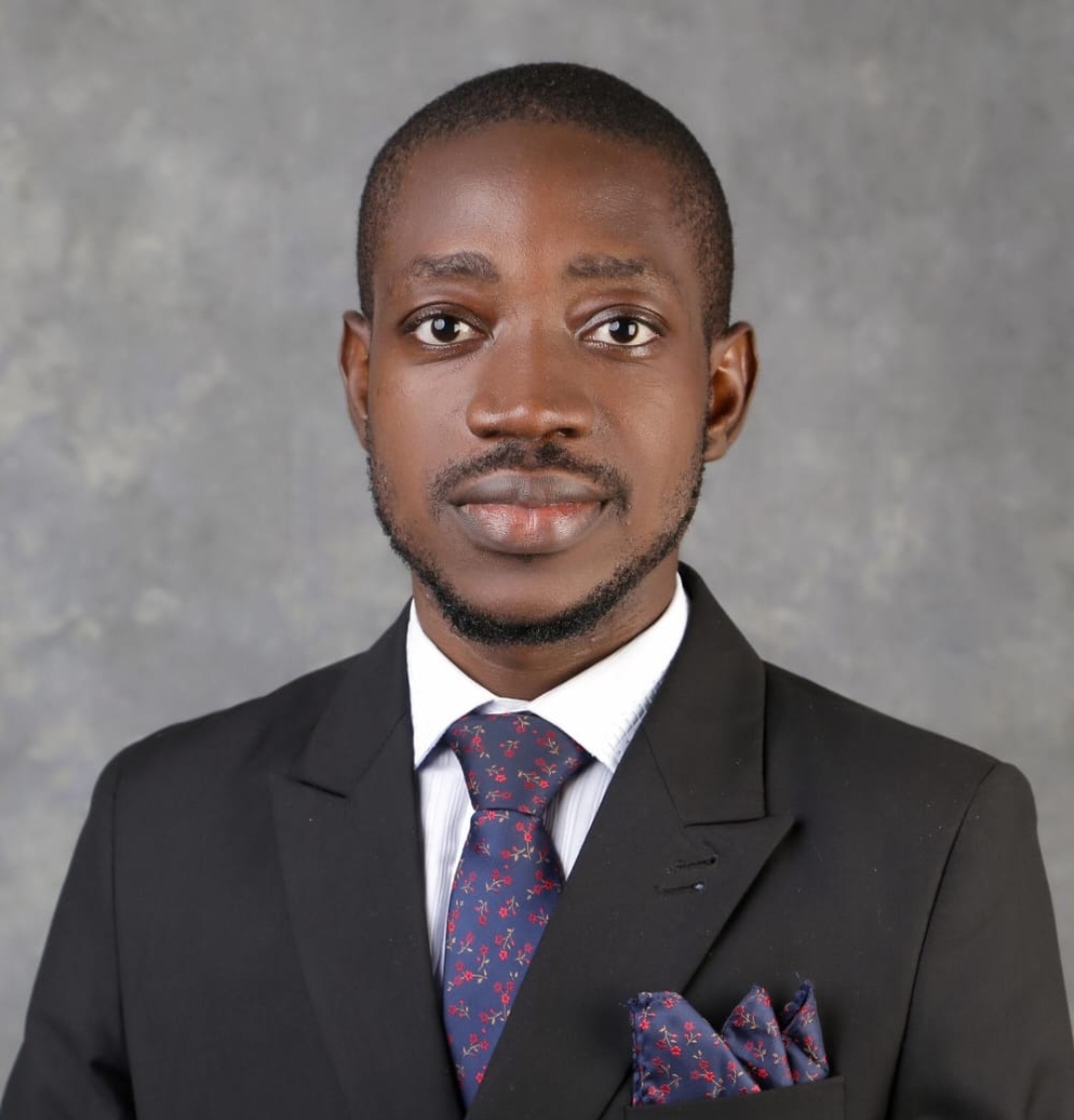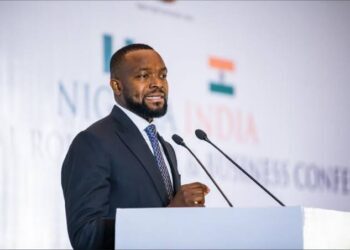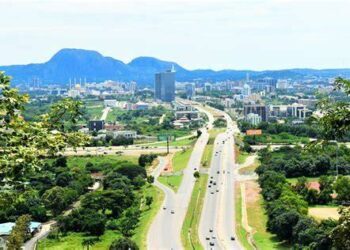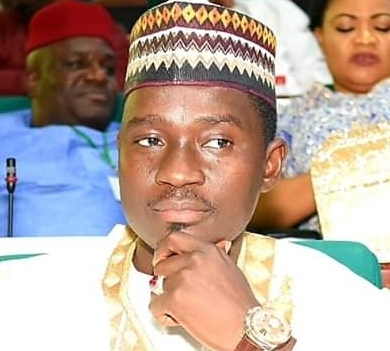By Suleiman Hassan Gimba Esq
I do not speak for Buni, for I am neither the voice nor the vessel of government. I do not speak for the flyover, for I am neither its foundation nor its asphalt. And I do not speak for the detractors of the flyover, for I am neither their echo nor their intent.
But I do speak for myself—as a citizen who will drive on this flyover and the existing roads in Yobe.
I speak as a husband, as a potential father who understands that government policies shape my ability to provide for my family. The roads I travel, the infrastructure around me, and the decisions made in government halls all influence my capacity to build a future where my child can grow in safety and my wife can nurture them in a stable, supportive environment.
I do not speak for power, nor for opposition—I speak for the everyday man whose life is shaped by these choices, for the citizen who desires not just development in name but development that truly serves the people.
As a child, I struggled to grasp the saying, “He who fails to plan, plans to fail.” One of my teachers at FECOET Demonstration Secondary School, Prof. Adam M. Abubakar, used to say it often.
It was plain, simple, and straightforward, yet my young mind could not understand how failing to plant during the rainy season meant sowing the seeds of hunger in the dry season. But I have since come to understand that development that truly serves the people is built on planning.
I have followed the political career of His Excellency Mai Mala Buni, and I hope to write a book about him one day, for his is a career rooted in planning.
Everywhere he goes, he excels. There was a clear plan when he was a Special Adviser to the Governor, there was one when he led the APC, and there is a bold one in his leadership of Yobe State. The APC enjoyed its best days under his watch; he was National Secretary of the first and only opposition party in Nigeria’s history to defeat a sitting president; he was Chairman of the Caretaker Committee that rescued the APC from implosion.
The importance of planning is best illustrated when comparing Abuja and Lagos. Both are Nigeria’s biggest cities, but in terms of road convenience, Abuja is far ahead. Why? Because Abuja was built with a master plan to last the ages, while Lagos has had to adapt as it grows. The roads in Abuja were constructed before congestion set in, with flyover pillars pre-installed in strategic locations, waiting for activation. Lagos did not have that foresight. Today, its people sleep in traffic, and all remedial efforts are expensive and disruptive.
It is no different with Damaturu. As urbanization increases, road congestion will become a major challenge. A flyover can significantly ease traffic, reduce travel time, and improve road safety by minimizing accident-prone intersections.
It will also enhance the work of agencies like YOROTA, YEMABUS, fire services, police, and other security bodies by allowing them to move more efficiently.
I cannot speak for the flyover, but I can speak for large infrastructure projects. I have been around long enough to know that such projects create employment, directly and indirectly. The flyover will not only provide construction jobs but will also stimulate economic activity by improving connectivity. It sits on roads that link at least three other local governments, another state, and three neighboring countries. Property values around it will rise, increasing local wealth and boosting Internally Generated Revenue through modernized property taxation under YOGIS.
And what is Damaturu if not our own Abuja, our own FCT? Whether we acknowledge it or not, the city will experience population growth and commercial expansion. What we can decide is whether we prepare for it—and H.E. Mai Mala Buni is doing just that. Strip Dubai of its infrastructure, and it is nothing but a Yusufari in the Middle East. We, too, must build the kind of infrastructure that attracts investment.
What many may not realize is that the flyover will actually save them money—on fuel, on vehicle maintenance. Smoother traffic flow means lower fuel consumption and less wear-and-tear on vehicles. It also means reduced carbon emissions due to less idling in traffic, aligning with the governor’s environmental sustainability plan and the broader Damaturu Development Plan.
What we can hope for is transparency in budgeting, procurement, and contract execution to ensure that the project is completed on time and to standard.
To close this write-up, I return once more to my childhood—boring, I know. I grew up seeing the NPN shops in Potiskum. Built in the late ’70s and early ’80s, they were the first all-concrete, fire-resistant shops in Nigeria. At the time, many saw them as wasteful and too ambitious. But today, development has caught up with them. No one stands at Kasuwan NPN and questions whether we were ready for them.
The same will be said of the five modern markets built by His Excellency Mai Mala Buni, the Potiskum Cattle Market, and now, the flyover. These projects will stand the test of time. And though I can never speak for Buni, they will speak for him—because they were planned with the people in mind. And when they start improving lives, the people will listen. The people will rejoice. Years and decades may pass, but these projects will remain, honoring the man who built them and serving the people he holds dear.










